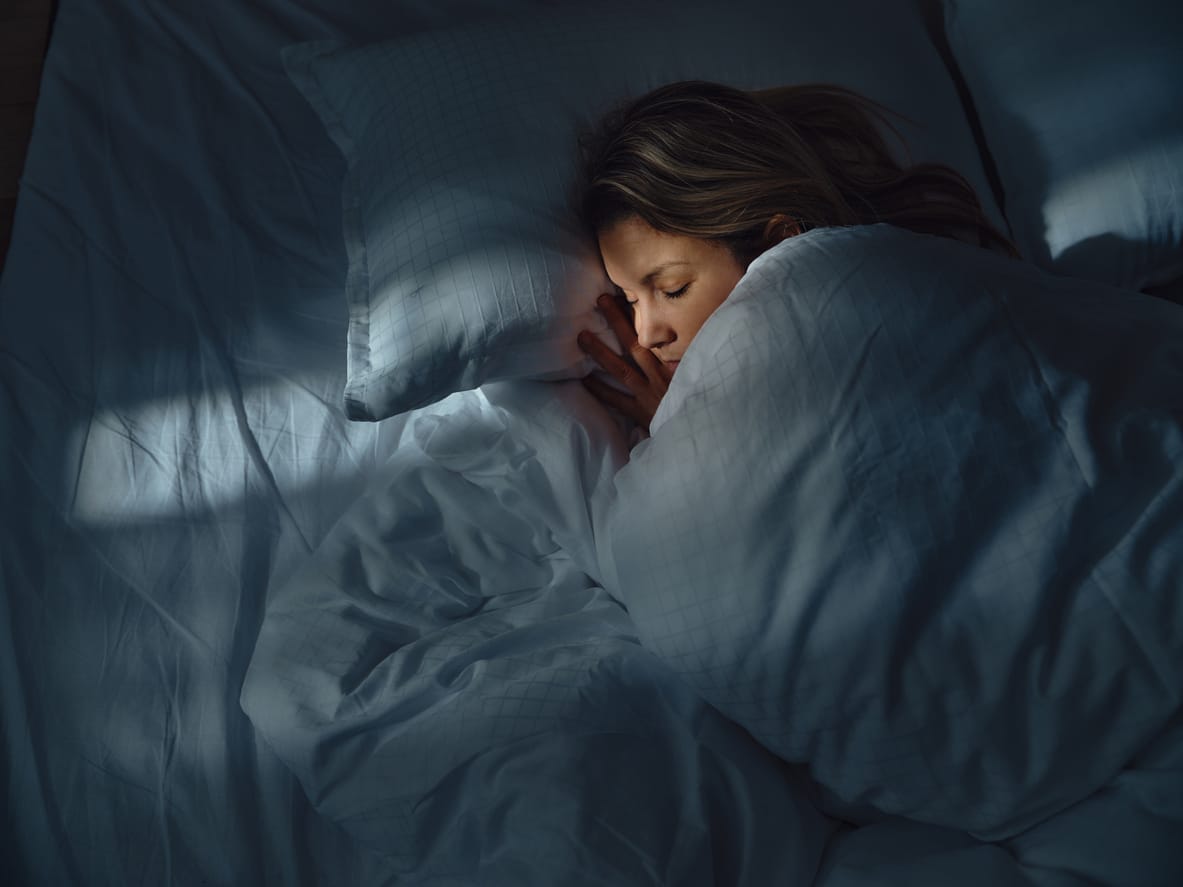Quality sleep plays a pivotal role in maintaining overall health, influencing everything from cognitive function to cardiovascular well-being. Research has unveiled a connection between sleep quality and hearing loss, underscoring the importance of prioritizing adequate rest. Let’s explore a couple of key findings related to how sleep impacts your hearing.
Sleep Duration and Hearing Loss

A study published in November 2023 suggests a correlation between sleep duration and hearing loss. Published in BMC Public Health, this study indicates that individuals consistently sleeping less than the recommended seven to nine hours per night experience a higher frequency of hearing loss compared to those meeting the sleep guidelines. Several factors may contribute to this correlation:
- Reduced time for restoration: Sleep serves as a vital period for the body to repair itself. Inadequate sleep may diminish the body’s capacity to repair auditory cells and tissues, potentially leading to long-term damage.
- Cardiovascular implications: Poor sleep can negatively affect cardiovascular function, compromising blood flow to the inner ear. This reduced blood flow may contribute to damage in the delicate inner ear hair cells responsible for auditory function.
These findings emphasize the importance of maintaining a healthy sleep routine not only for overall well-being but also for preserving auditory health.
Obstructive Sleep Apnea and Hearing
Another study highlights the association between Obstructive Sleep Apnea and increased risk of hearing loss. Published in Frontiers in Public Health in May 2023, this study reveals that individuals with OSA face a heightened likelihood of developing hearing loss compared to those without.
OSA, characterized by recurrent breathing interruptions during sleep due to relaxed throat tissues, leads to decreased oxygen levels in the bloodstream. This oxygen deprivation can damage inner ear hair cells, contributing to hearing loss. Additionally, the frequent awakenings associated with OSA further disrupt sleep patterns, exacerbating the issue.
The research linking poor sleep to hearing loss underscores the importance of adopting healthy sleep practices. Establishing a conducive sleep environment, adhering to a regular sleep schedule and seeing a doctor for chronic sleep issues are essential steps to promote better sleep quality.
For further guidance on protecting your hearing or to schedule a hearing test, contact Sound Advice to schedule an appointment today.